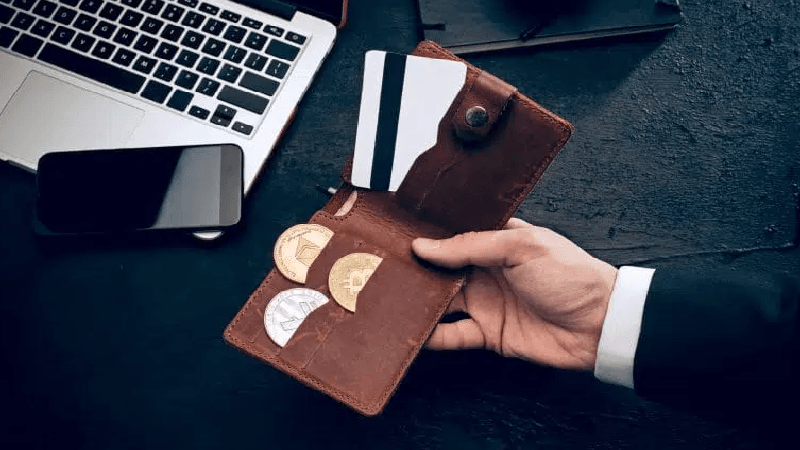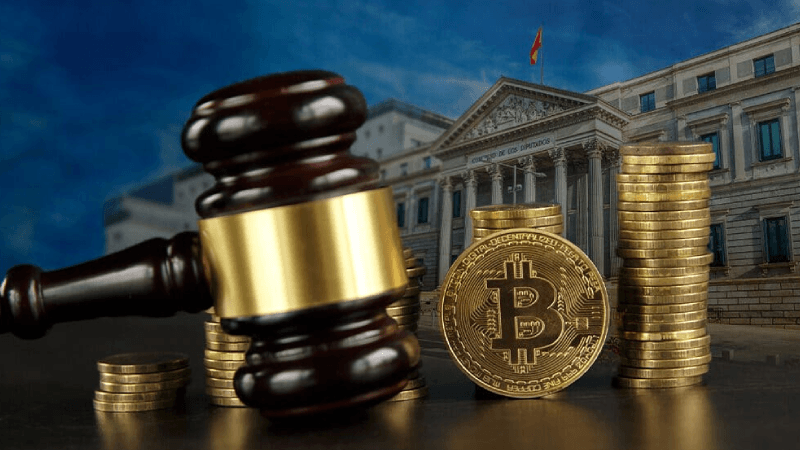
Cryptocurrencies have revolutionized the way money is handled. As they become more popular, there is a greater need to understand how to use them in everyday life. In this article, we will explore the ways cryptocurrencies can be used for everyday purchases and how some merchants accept them as a form of payment.
What are cryptocurrencies?
Cryptocurrencies are a form of virtual currency that uses encryption technology to ensure their security and privacy. They are not dependent on any central government or bank, making them decentralized and free from government regulation. Instead, their value is determined by supply and demand in the market.
Each cryptocurrency is stored in a public registry called blockchain, which is a distributed database that records all transactions made with that currency. This ensures its transparency and prevents fraud or manipulation of the system.
Although cryptocurrencies are not yet widely accepted as a form of payment in everyday life, more and more businesses are accepting this type of currency as a legitimate way to purchase goods and services.
How to obtain cryptocurrencies?
To obtain cryptocurrencies, you must first have a virtual wallet. There are many options available online, some are free to access and others require an investment. Some of the most popular options are Coinbase, Bitso, Bitstamp and Kraken.
Once you have your virtual wallet, you can purchase cryptocurrencies through an online exchange. There are many exchanges available online, some are specific to certain coins and others offer a wide range of options. Some popular exchanges are Binance, Bittrex and Poloniex.
Another option for obtaining cryptocurrencies is through mining. Mining is a process that involves using computational power to solve complex mathematical problems that validate transactions on the network. In exchange for this service, miners receive a small amount of cryptocurrency as a reward.
Finally, you can also obtain cryptocurrencies as payment for goods or services. More and more companies are accepting cryptocurrency payments, which means you can use your digital coins to buy goods and services online or even in physical stores that accept cryptocurrency payments.
How to store your cryptocurrencies?
To store your cryptocurrencies safely, there are several options:
- Online wallets: these are accessible from any internet-enabled device and are usually free. However, they can be vulnerable to cyber attacks and theft.
- Desktop wallets: these are downloaded to your computer and allow you to control your private keys. They are more secure than online wallets, but can be vulnerable to viruses or computer malfunctions.
- Hardware wallets: these are physical devices that connect to your computer for transactions. They are the most secure, as they are not connected to the Internet and protect your private keys. However, they can be expensive.
- Paper wallets: these consist of printing your private keys on paper and storing them securely. They are very secure, but less practical if you need to make frequent transactions.
In any case, it is important to choose a reliable option and make backup copies of your private keys to avoid the loss or theft of your cryptocurrencies.
How to spend your cryptocurrencies?
There are several options to use your cryptocurrencies on a daily basis:
- Buying goods and services: more and more businesses are accepting cryptocurrencies as a form of payment. You can search for online or physical stores that accept the cryptocurrency you have and pay with it.
- Debit card: some companies offer debit cards linked to your cryptocurrency wallet, allowing you to spend your cryptocurrencies anywhere debit cards are accepted.
- ATMs: there are ATMs that allow you to buy and sell cryptocurrencies, which can be very convenient if you need to exchange your cryptocurrencies for cash.
Remember to always verify the information of the business or service before paying with your cryptocurrency.
How to protect your cryptocurrencies?
To protect your cryptocurrencies, it is essential to take security measures. Here are some tips:
- Use a secure wallet: Choose a wallet that has a good reputation and has security measures such as two-factor authentication.
- Don't share your personal information: Never share your private wallet address or private keys with anyone.
- Make backup copies: Make regular backup copies of your private keys in a safe place.
- Keep your software up to date: Make sure your software is up to date to avoid vulnerabilities.
- Do not use public Wi-Fi: Avoid connecting to public Wi-Fi when accessing your wallet to avoid becoming a victim of cyber attacks.






